|
The IWC plenary is in full swing and we have much to report! Yesterday’s focus was on the Aboriginal Subsistence Whaling proposal, the comments from NGOs and delegates were heartbreaking and we will post on this very important topic soon. Monday’s meeting consisted primarily of the chair running through reports on the activities of the Scientific, Conservation, Financial and Administrative Committees, a summary of the findings of an independent governance review commissioned at the previous IWC meeting and then an introduction of each of the proposals to be considered this week. Thrilling right? On day one, Sao Tome and Principe, and Liberia gave statements indicative of the political agendas they seem to be pursuing here at the IWC. Both called for “sustainable development of living marine resources” in pursuit of “sustainable and development and food security”. The topic of food security (a pressing global topic, to be sure) has been hijacked in recent years by Japan’s pro-whaling coalition to support their calls for the reintroduction of commercial whaling. On that note, following in the footsteps of other extractive industries like oil and gas companies, Japan has been hard at work re-branding their proposed exploitation of whales as being part of a push for green ‘sustainable’ development. It merits mentioning again that this year’s chair is Joji Morashita, Japan’s long-time delegate. This is rumored to be Morashita’s last year at the IWC,and being chair of the IWC gives him a fair amount of discretion in how he chooses to run the meeting. This could manifest in actions, like refusing to give space to NGOs to talk, although to this point he has promised to be fair and has followed through. Joji has said now a few times that he would prefer that discussions take place more in informal groups before and after sessions rather than in heated debates in the plenary chamber. This move seems likely to limit the participation of NGOs, since most of our influence comes from the ability to make interventions (statements) during the plenary, pushing for specific actions and advocating positions. Keeping these meetings in smaller, informal groups between government representatives effectively removes NGOs from a lot of this discussion. Even having said this, everyone on both seems to be gearing up for a brawl. IWC’s various committees presented their reports on Monday. First up was the Scientific Committee (SC), and man, have they been busy! Since the work of the SC forms the basis for a lot of the proposals we will see this year, I’ll devote a bit more time and detail to this. With 31 countries and ~150 delegates at each of their meetings, the SC has been working on a wide range of topics. These range from the models used to assess health of populations (and which advise Aboriginal Subsistence Whaling quota requests), to how anthropogenic factors have affected cetacean health and ocean ecosystems. Seriously, these topics are wide ranging, with reports written for many issues including mercury pollution, heavy fuel oils pollution, bycatch and entanglements, how whale stocks are defined, effects of anthropogenic sounds on whales, and ecosystem modelling, just to name a few. One topic near and dear to our hearts here at ACS is the plight of small cetaceans. In this report, the SC outlined the extreme risk posed to the vaquita, as well as other highly threatened small cetaceans such as the Franciscana, Yangtze river dolphin, Maui dolphin, the Amazon river dolphins (the boto and tucuxi) and the Taiwan humpback dolphin. Next was the conservation committee. The IWC’s conservation management plans for specific whale stocks are detailed, as are plans aimed at the preservation of specific species of small cetaceans, highlighting again their importance and imperiled position. There is also the Governance Review, a report commissioned at the last IWC to give feedback on how IWC processes could be improved, effectiveness increased, and how to make meaningful changes to aid in the solvency of the IWC. This came about for a variety of reasons, first among them being that there has never been an independent review of procedures. Because of the deadlock of the Commission and its financial woes, the Governance review sought out and recommended changes to operational procedure after conducting interviews, surveys, and a literature review of IWC documents. Here is the link to the public copy of the IWC documents for those interested. Note that you will have to create a free login if you wish to access the documents from this year. If you dread boring legalese, we are here break down each of these items and give you the run down. Disclaimer: this will be a lengthy post. We will be posting on most of these and will briefly remind you what the proposal is about for those who want to skip the following details. The ResolutionsProposal to Implement Recommendations of the Independent Governance Review Kicking off matters was a proposal that simply would accept the recommendations of the independent review. This was actually taken up by the floor immediately and passed by consensus, with Japan expressing some concern about bias because there was a low response to the surveys they sent out. Nevertheless, it was passed! Proposal on Aboriginal Subsistance Whaling (United States, Denmark, Russian Federation, St. Vincent and the Grenadines) This year’s Aboriginal Subsistence Whaling proposals are more than the usual granting of quotas to communities in the 4 ASW countries. In addition to the quota requests, there are several big changes being proposed.
This resolution was passed today. Proposal to create a South Atlantic Whale Sanctuary (Brazil, Gabon, Uruguay, Argentina, South Africa) This is a proposal that has come up repeatedly over the last 20 years, so we were hoping that the 20th attempt would work. The proposal is fairly simple, as it seeks to create a marine protected area for cetaceans in the South Atlantic, similar to the sanctuaries created by the IWC around the Southern Seas, and in the Indian Ocean.
Japan’s “Way Forward” Proposal (Japan) This is the other big proposal this year, and it looks to do a lot, none of it good.
Because of all of this, it seems that Japan is playing a longer game here. Likely, they are going to take their proposal to the private working groups and see what ideas gain traction, and what don’t. Possibly their goal is to slowly chip away at the opposition while adding support for most of these items by buying more influence with countries adjacent to their sphere of influence. By asking for consensus approval, when the measure inevitably fails, this will play into Japan’s claims that the IWC’s decision making process is broken due to the polarization of this issue. Lastly, their large entourage and the huge number of media representatives from Japan that came to this meeting hints that their goals here are not purely related to the IWC. In the international arena, Japan has been embarrassed in recent years by the failure of trade agreements that they favored, combined with reports of Trump apparently telling Japan’s Prime Minister Shinzo Abe that he “remembers Pearl Harbor”. The IWC is a place where they can flex some influence, pushing back a bit. Domestically in Japan, there is some debate as to the support for whaling and whale consumption. What is clear through several conflicting surveys is that while most Japanese do not consume and do not have an interest in consuming whale meat, there is a vocal and active minority that see this as a deeply held aspect of their cultural identity and practices. Most of the rest of the population appears mostly ambivalent, rather than fervently opposed, so there is definite value in appealing to those that do identify with whaling. Think of it like the influence (to a lesser degree) of the NRA in the United States. While survey after survey show wide support, even among Republicans for some basic gun control and background check laws, opposition is sporadic and not as organized or as invested in the passage of these laws than the NRA and their supporters are in blocking them. Japan’s whaling proponents are outspoken, and identify whaling as being a key part of their national identity and tradition. There are few political concepts more powerful than appeals to national identity, and the whaling issues plays into this well. Resolution on Anthropogenic Noise (EU, Switzerland, Monaco)
Resolution on Food Security (Ghana)
Resolution on Ghost Gear Entanglement (Brazil, Argentina, Chile, Colombia, Costa Rica, Mexico, New Zealand, Australia)
The “Florianopolis Declaration” (Brazil, Argentina, Colombia, Mexico, Costa Rica, Panama, Peru)
Proposal on cetaceans in the function of ecosystems (Chile, Argentina, Brazil, Colombia, Mexico)
Phew! Ok, you should be all caught up after reading this.
Written by Sabena Siddiqui
0 Comments
|
ACSThe mission of the American Cetacean Society is to protect whales, dolphins, porpoises, and their habitats through public education, research grants, and conservation actions. ArchivesPosts
All
|


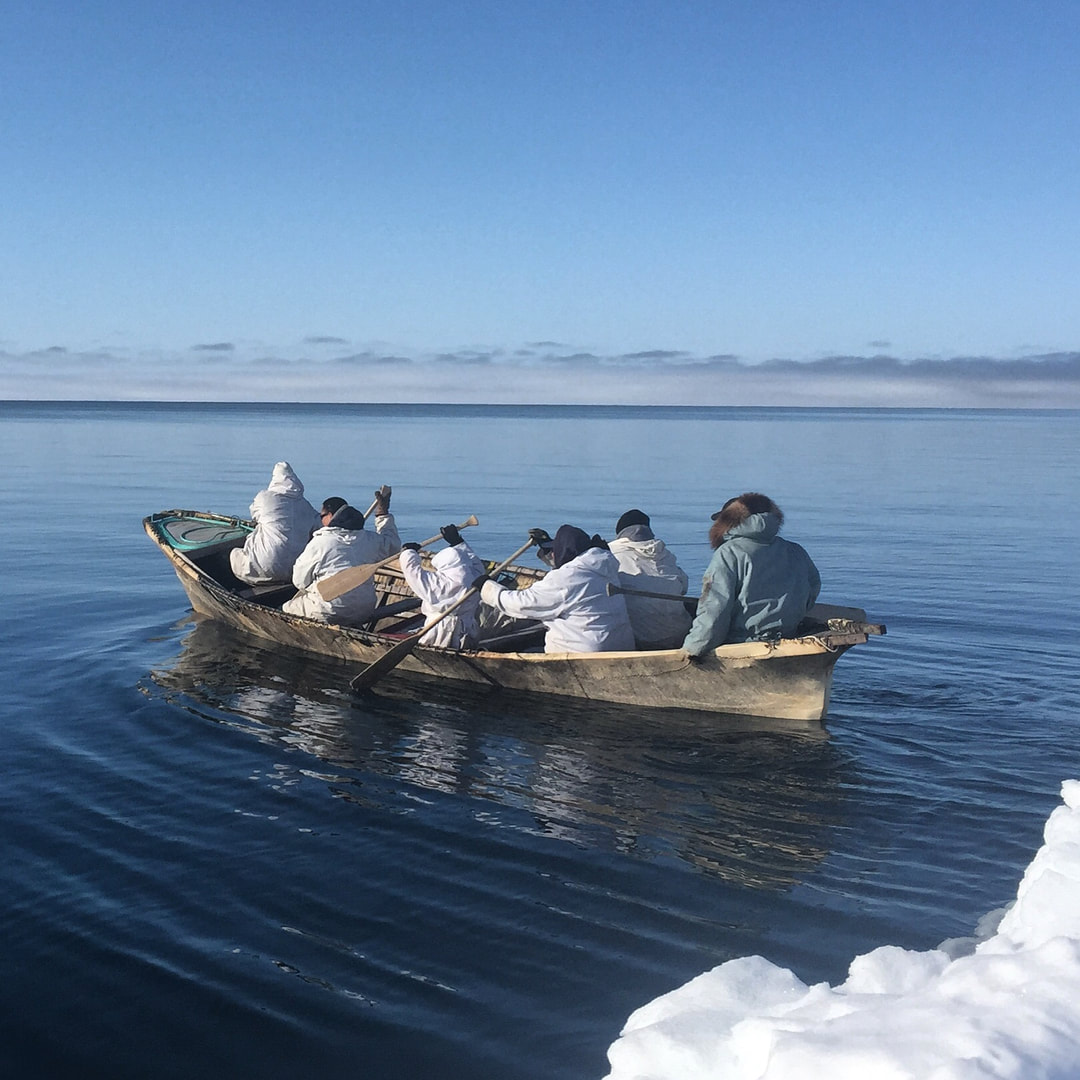
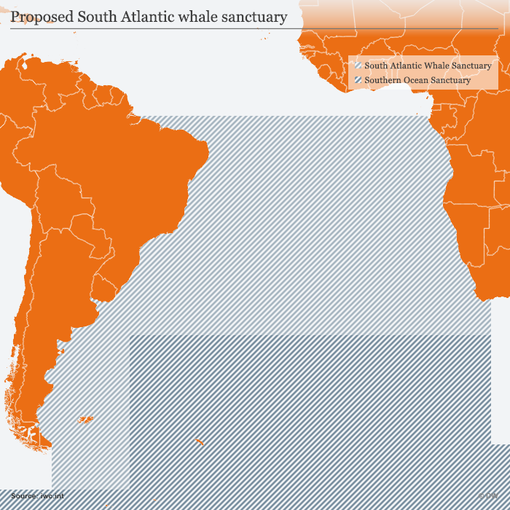

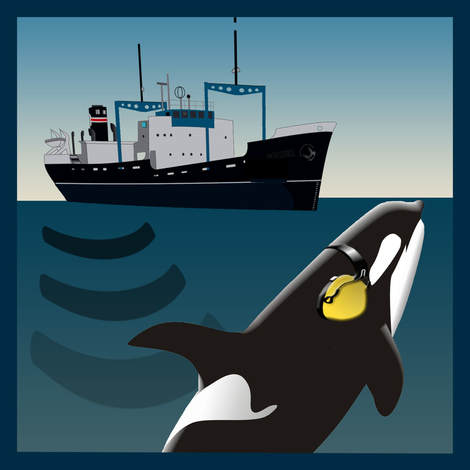
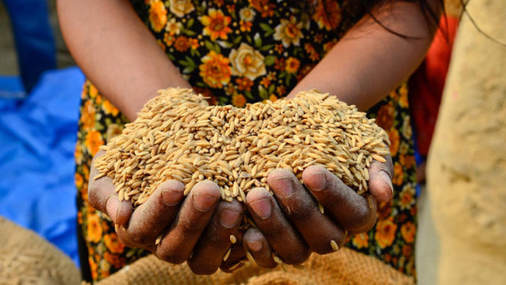
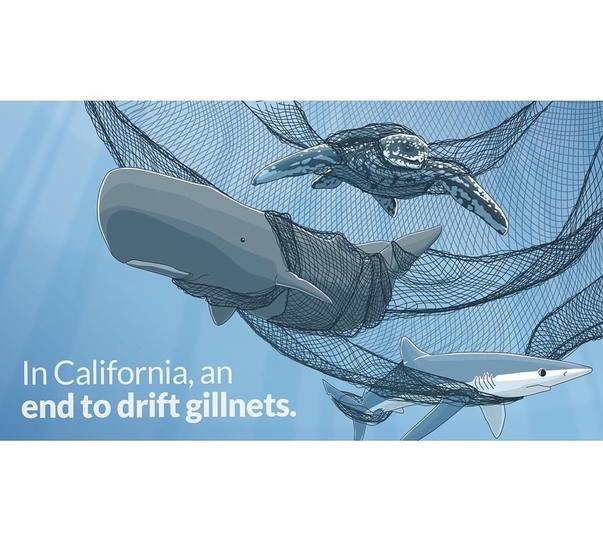
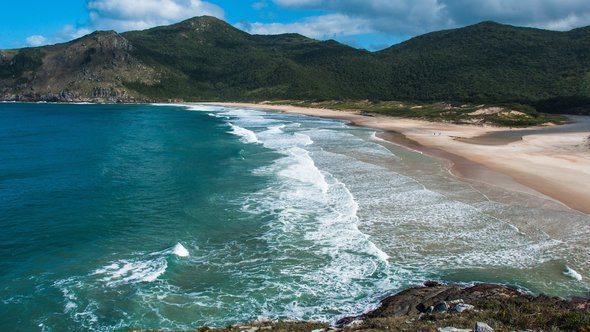
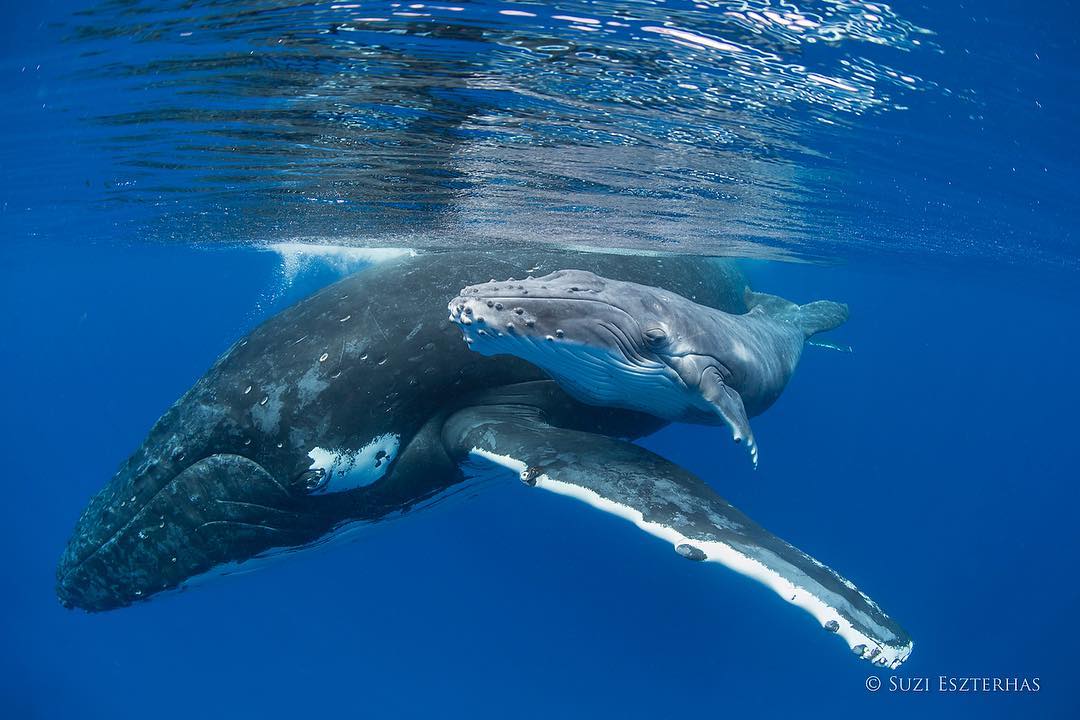
 RSS Feed
RSS Feed
